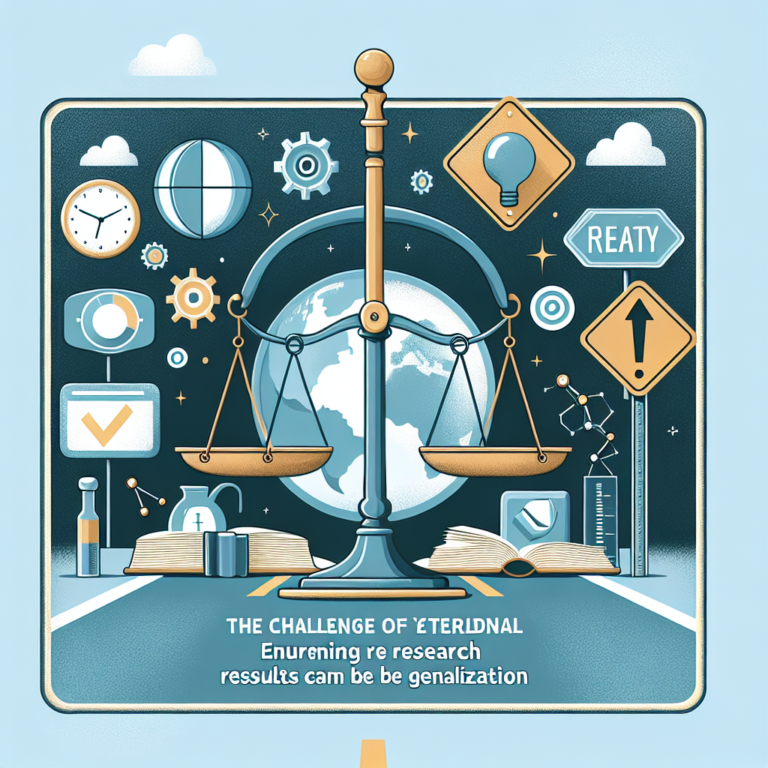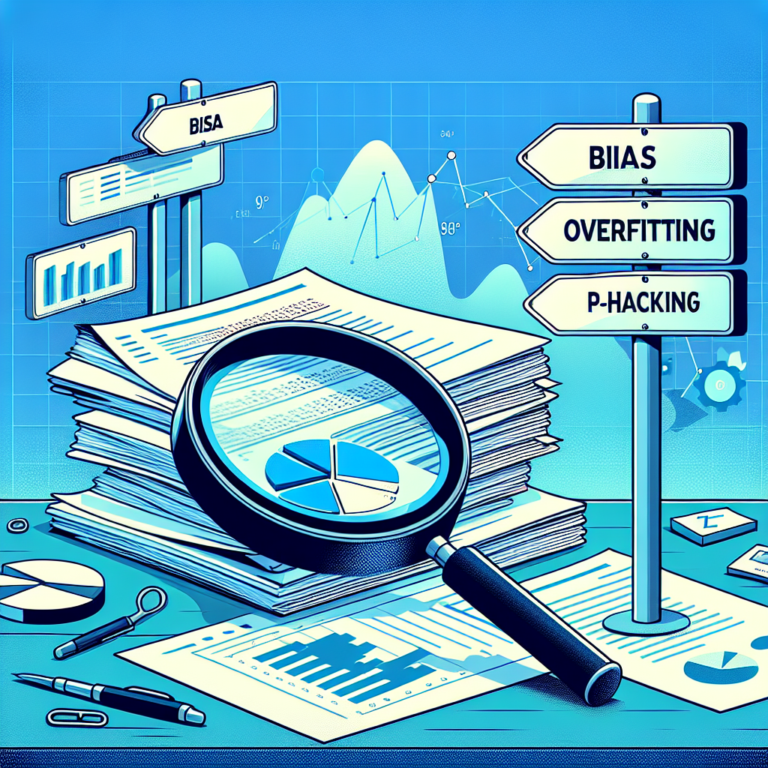
Introduction
Stress is an omnipresent facet of modern life, often viewed as a foe that must be defeated. Yet, what if we could approach it differently—transforming it into a powerful ally? In our quest for understanding, we find ourselves at the intersection of behavioral neuroscience and everyday experiences, revealing profound insights. Unlocking the Secrets of Stress: Behavioral Neuroscience Perspectives offers a roadmap to reframe our relationship with stress, empowering us to thrive amidst life’s challenges.
In this comprehensive exploration, we will delve into the mechanics of stress, its neurological bases, the influence of behavior, and ultimately provide actionable insights for harnessing stress positively.
Understanding Stress: A Multidimensional Phenomenon
Stress can be understood as the body’s response to perceived challenges or pressures. From the moment we sense a threat, our brain activates a myriad of physiological changes aimed at facilitating a survival response.
The Stress Response: An Evolutionary Perspective
At its core, stress serves an evolutionary purpose. The fight-or-flight response, a biological mechanism designed for survival, is a quintessential example. This response triggers a cascade of chemical reactions involving adrenaline and cortisol, mobilizing energy and heightening awareness.
| Component | Role |
|---|---|
| Adrenaline | Increases heart rate, energy, and focus |
| Cortisol | Regulates metabolism, suppresses non-essential functions |
| Endorphins | Provide pain relief; create a ‘high’ following stress |
However, in today’s fast-paced world, this ancient mechanism often finds itself overactivated. Triggers can range from work deadlines to interpersonal conflicts, pushing us into prolonged states of tension that can be damaging rather than beneficial.
The Neuroscience of Stress: An In-Depth Look
Unlocking the Secrets of Stress: Behavioral Neuroscience Perspectives hinges on understanding the specific brain structures involved in stress responses.
Key Brain Structures
Amygdala: This almond-shaped structure is critical in emotional processing and responding to threats. Its activation can boost stress responses when danger is perceived.
Hippocampus: Responsible for memory and learning, chronic stress can lead to atrophy in this area, highlighting why our memory can suffer under stress.
- Prefrontal Cortex (PFC): Known for its role in decision making and impulse control, the PFC can be impaired during stress, leading to suboptimal choices.
Case Study: The Impact of Chronic Stress
A 2019 study published in The Journal of Neuroscience examined the effects of chronic workplace stress on the hippocampus. Participants exposed to chronic stress exhibited reduced hippocampal volume compared to controls. This finding underscores the profound impact stress can have on brain structure and function, providing tangible evidence for the long-term ramifications of stress.
Behavioral Responses to Stress
Understanding stress from a behavioral perspective allows us to see how our actions can either mitigate or exacerbate our experiences of stress.
Effective Coping Strategies
1. Mindfulness and Meditation
Research shows that mindfulness practices can significantly reduce levels of cortisol and improve emotional regulation. The regular practice of mindfulness allows individuals to maintain a present-centered focus, reducing the overwhelming nature of stressors.
Table: Summary of Mindfulness Benefits
| Benefit | Impact on Stress |
|---|---|
| Reduces cortisol levels | Lowers physiological stress |
| Enhances emotional regulation | Improves mental resilience |
| Increases focus and clarity | Aids in decision making under pressure |
2. Physical Activity
Exercise has a well-documented impact on reducing stress. When we engage in regular physical activity, our bodies release endorphins, which act as natural painkillers and mood elevators.
3. Social Connections
Strong social networks can provide emotional support during stressful times. According to a 2020 study in Psychosomatic Medicine, individuals with robust social support systems reported better stress management outcomes than those who were isolated.
The Role of Nutrition and Sleep
Stress management is not solely a behavioral endeavor; physiological factors also play a critical role.
Nutritional Aspects
A well-balanced diet rich in Omega-3 fatty acids, antioxidants, and B vitamins can buffer the stress response. For instance, regular consumption of fatty fish, nuts, fruits, and vegetables has been linked to lower anxiety levels.
Sleep: The Unsung Hero
Chronic stress often leads to disrupted sleep patterns, creating a vicious cycle. Quality sleep is essential for effective stress management and cognitive function. Techniques like regulating sleep schedules and creating relaxed bedtime routines can aid in improving sleep quality.
Practical Applications: Stress Resilience Training
For organizations, implementing stress resilience training can lead to enhanced productivity and employee satisfaction. Such programs often focus on developing coping mechanisms, promoting a culture of support, and encouraging a healthy work-life balance.
Case Study: Google’s Employee Wellness Initiatives
Google’s approach to employee wellness includes mindfulness sessions and physical health programs. A longitudinal study evaluating these initiatives found that employees reported higher job satisfaction and reduced stress levels, showcasing a successful model of integrating behavioral neuroscience principles into workplace culture.
Conclusion
Unlocking the Secrets of Stress: Behavioral Neuroscience Perspectives reveals that stress is not merely a negative force to be conquered. By understanding the underlying neuroscience and employing effective behavioral strategies, we can transform stress into a tool for growth and resilience.
As we navigate our complex lives, let us reframe our understanding of stress. Embrace mindfulness, foster social connections, prioritize physical health, and seek knowledge about our neurological responses. Ultimately, the power to manage stress lies within us, and with the right tools, we can thrive.
FAQs
1. What is stress, and why does it occur?
Stress is a natural response to challenges or threats, arising from emotional, physical, or psychological triggers.
2. How does stress affect the brain?
Stress impacts key areas of the brain such as the amygdala, hippocampus, and prefrontal cortex, affecting emotional responses, memory, and decision-making.
3. What are effective ways to manage stress?
Effective stress management strategies include mindfulness, regular exercise, maintaining social connections, healthy eating, and ensuring adequate sleep.
4. Can chronic stress lead to health problems?
Yes, chronic stress is linked to various health issues including cardiovascular disease, depression, anxiety disorders, and cognitive decline.
5. Is it possible to turn stress into a positive force?
Absolutely! By fostering resilience and utilizing effective coping strategies, stress can be transformed into a motivator for growth and achievement.
In embracing these insights, we can all become champions of stress management, contributing to our well-being and that of those around us.















